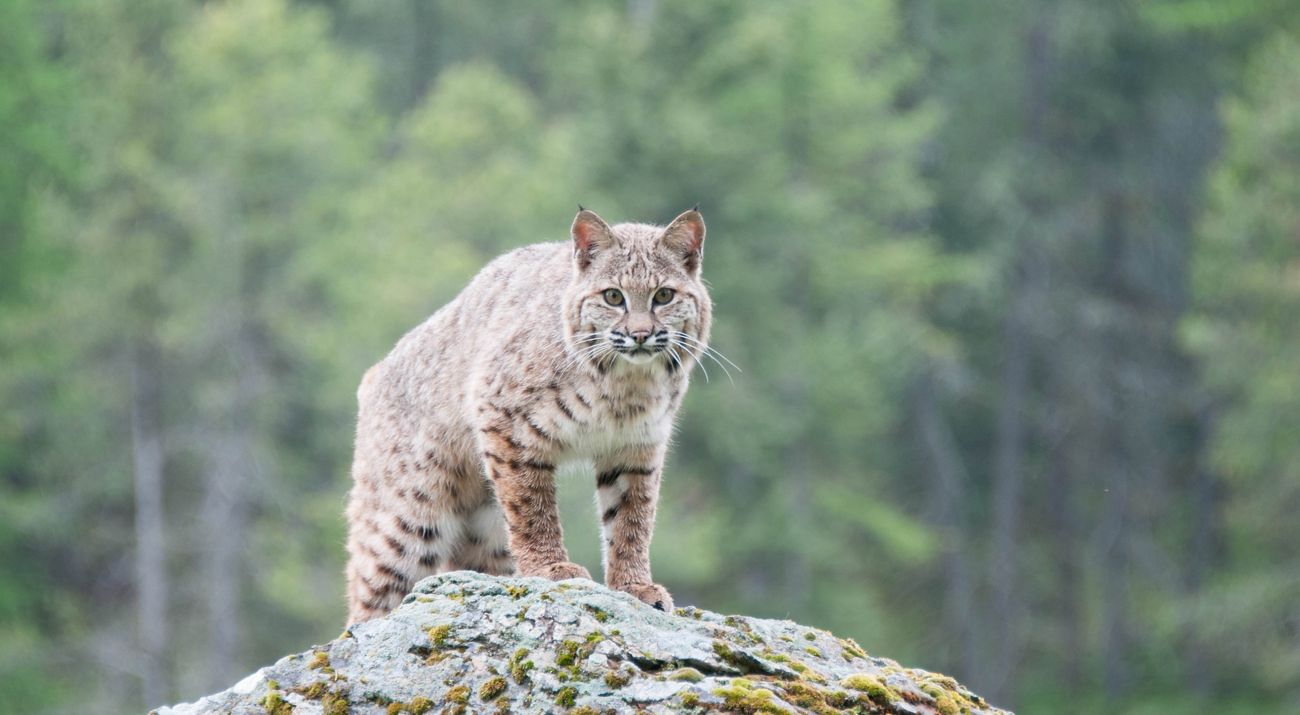Stories in New Jersey
Read articles and news updates about our work to protect critical lands and waters in New Jersey.

Media Contacts
Mary Conti
Marketing and Communications Director
The Nature Conservancy
Mobile:
(732) 804-1928
Email:
mconti@tnc.org
Chester, NJ (July 1, 2025) – In a resounding win for nature in New Jersey, Bill S3618/A4926 directing the New Jersey Department of Environmental Protection and the Department of Transportation to develop a statewide Wildlife Corridor Action Plan, was passed unanimously by the state legislature and immediately signed into law by Governor Phil Murphy. The Nature Conservancy thanks the governor for his swift action and commends Senator Bob Smith and Assemblyman Clinton Calabrese for their leadership in championing this critical legislation that ensures better connectivity for wildlife and safer roads for people.
The landmark legislation represents a major step forward for environmental stewardship and public safety in New Jersey, where habitats are increasingly fragmented by roads and development, placing wildlife and drivers at risk. By mandating a coordinated approach to identify and protect natural corridors, the state is investing in a resilient landscape that supports communities, both human and wild.
“Protecting New Jersey’s natural resources while keeping our communities safer has been the driving force for this legislation. This is great news for wildlife, people, and our economy,” said Senator Bob Smith, Chairman of the Senate Environment and Energy Committee. “With the impacts of global climate change animals struggle to find the natural resources they need to survive as they venture to traverse roadways for food and water. This will help them to freely roam in search of food, water, or shelter, without endangering themselves or drivers by crossing roads.”
“With the signing of this law, New Jersey is taking meaningful, science-based action to protect both drivers and wildlife,” said Assemblyman Clinton Calabrese, Chair of the Assembly Transportation and Independent Authorities Committee. “Developing a statewide Wildlife Corridor Action Plan is a smart, forward-looking investment in public safety, environmental resilience, and fiscal responsibility. By reducing wildlife-vehicle collisions, restoring habitat connectivity, and strengthening our ecosystems, we can create safer roads and healthier landscapes—delivering long-term benefits for public safety, biodiversity, and taxpayers alike.”
With open space becoming increasingly scarce, it is more important than ever that preserved lands function as part of a connected network. This law builds on the will of New Jersey voters, who have consistently supported open space investments, and ensures that those investments deliver maximum ecological and community benefit.
“The legislation sends a clear message: New Jersey values its people and its natural places,” said Phil Echevarria, Director of Government Relations for The Nature Conservancy in New Jersey. “It also demonstrates that saving wildlife and making roads safer for motorists can be complementary goals with many shared benefits.”
“Wildlife corridors are vital for keeping animals safe and away from busy roads. They offer essential links between habitats, a challenge in New Jersey due to its dense population and urban development. Animals have the right to roam freely. These corridors would enable safe movement and establish semi-natural routes connecting species to habitats that are increasingly fragmented by overdevelopment,” said Taylor McFarland, New Jersey Sierra Club Conservation Program Manager. “We thank the NJ Legislature and Governor Murphy for their critical support on this bill!”
The Nature Conservancy applauds the governor and legislature for prioritizing smart, science-based planning and taking bold action. The new law reaffirms New Jersey’s leadership in creating an environment where people and nature thrive together.
Learn more about TNC's conservation work in the Garden State.
The Nature Conservancy is a global conservation organization dedicated to conserving the lands and waters on which all life depends. Guided by science, we create innovative, on-the-ground solutions to our world’s toughest challenges so that nature and people can thrive together. We are tackling climate change, conserving lands, waters and oceans at an unprecedented scale, providing food and water sustainably and helping make cities more resilient. The Nature Conservancy is working to make a lasting difference around the world in 83 countries and territories (39 by direct conservation impact and 44 through partners) through a collaborative approach that engages local communities, governments, the private sector, and other partners. For more news, visit our newsroom or follow The Nature Conservancy on LinkedIn.